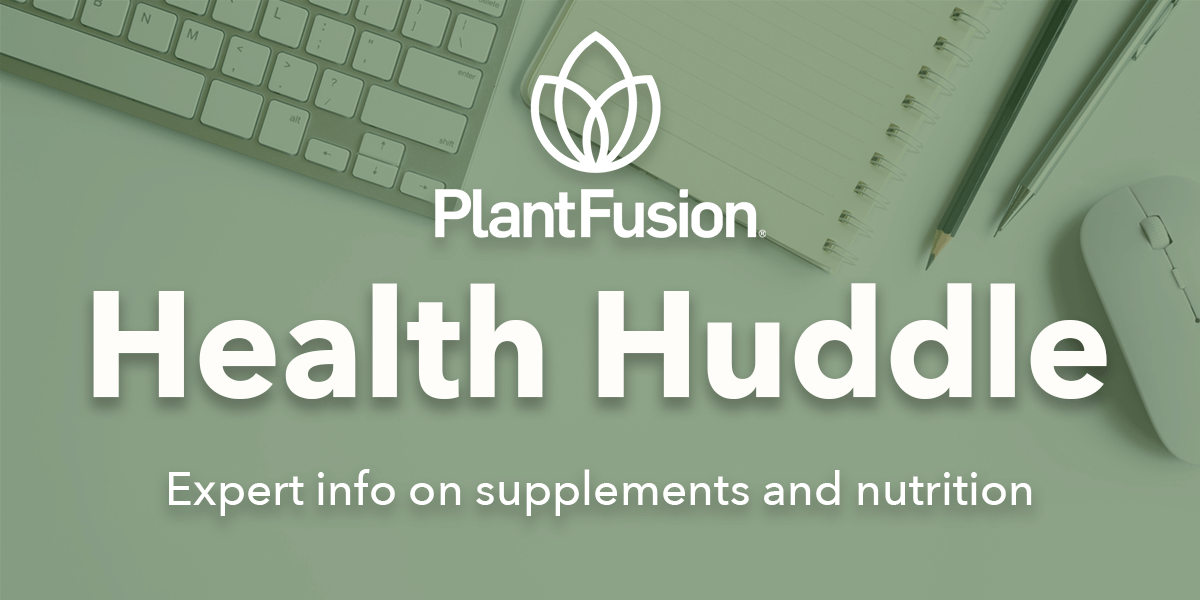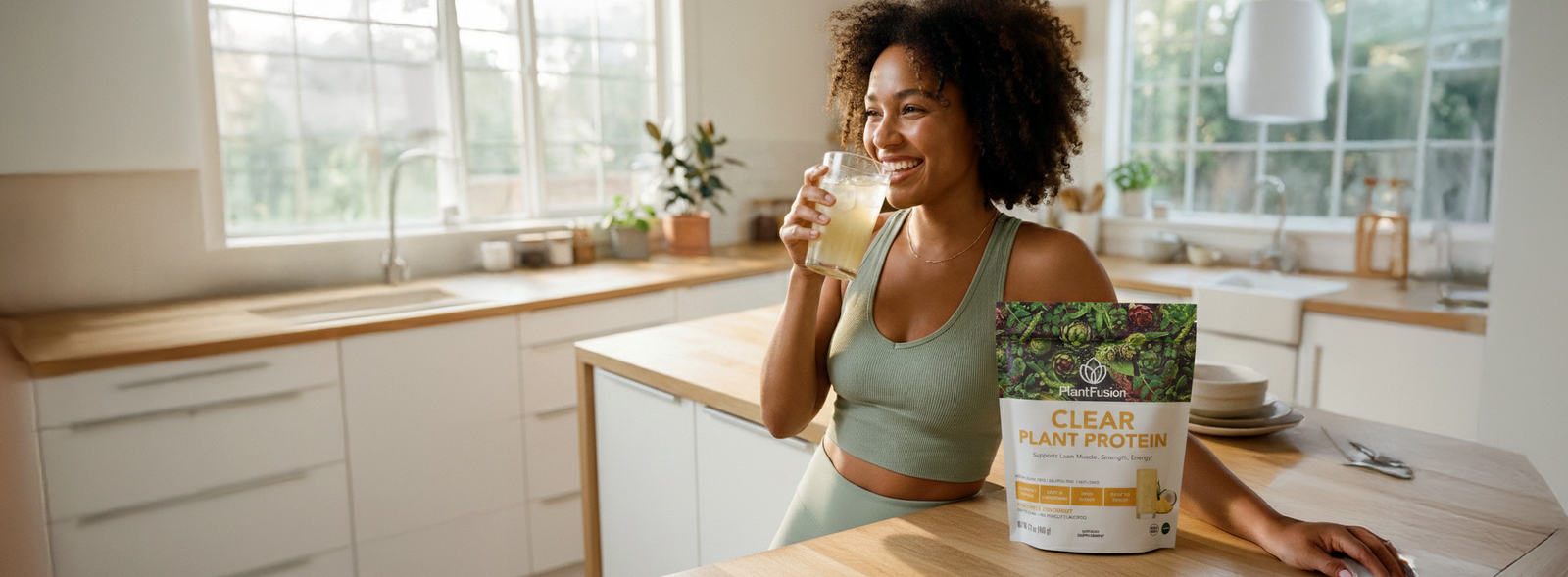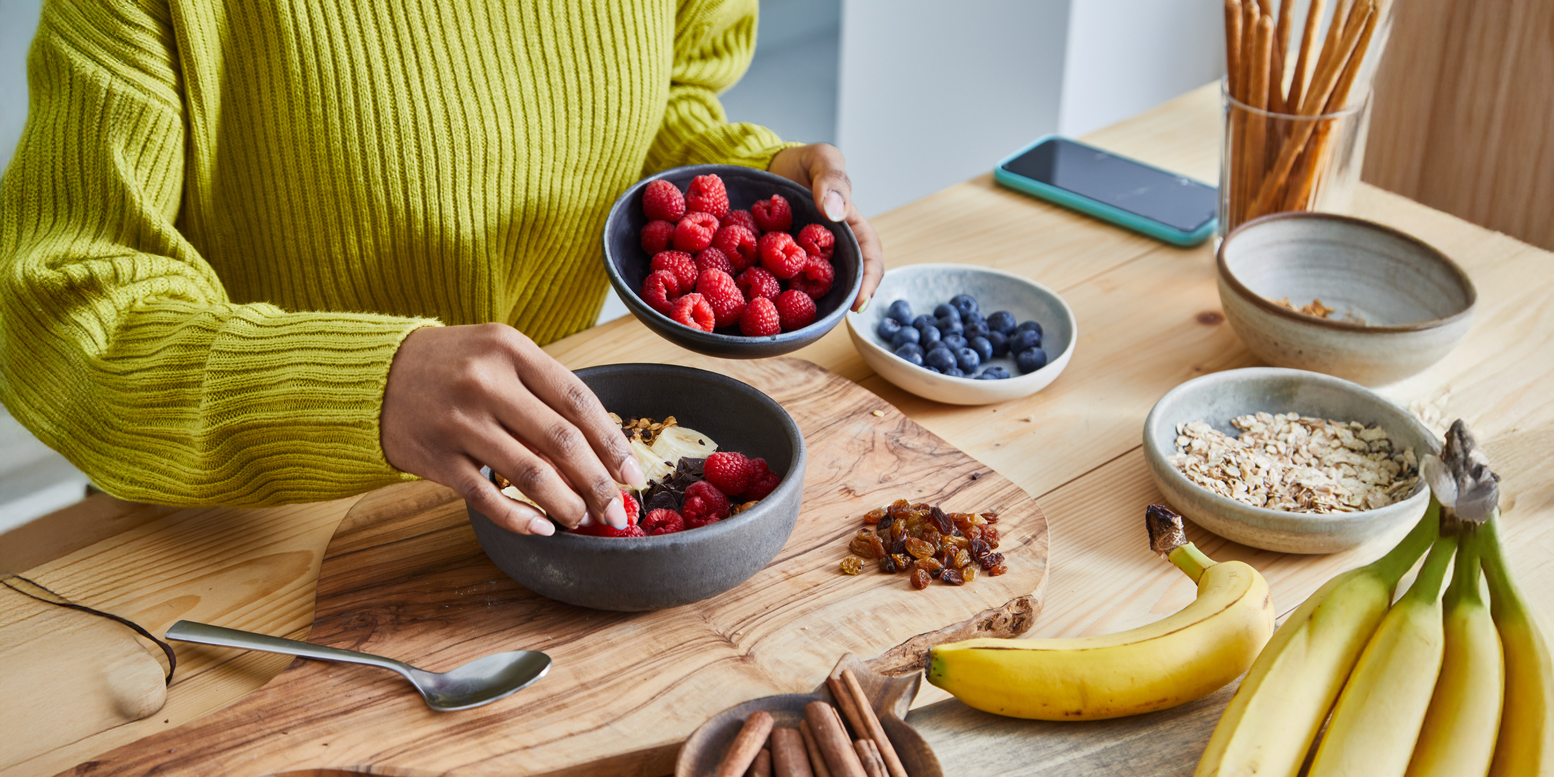Energy isn’t a vibe; it’s chemistry.
You can eat “right,” get decent sleep, and still hit a mid-afternoon wall. The fix isn’t always another latte or bigger macro targets—it’s often minerals. Magnesium, iron, and zinc quietly determine how your cells make and use energy. When they’re low, you feel it: fatigue, brain fog, restless sleep, muscle heaviness, and slow recovery. This guide explains how these minerals power steady energy, what deficiency can feel like, and how to rebuild—food first, then targeted supplements.
How Your Body Actually Makes Energy
Your body’s energy currency is ATP. But ATP can’t do anything without mineral co-factors:
- Magnesium binds to ATP to make it usable in cells and supports glucose handling and neuromuscular function.
- Iron carries oxygen in hemoglobin and also helps enzymes inside mitochondria create ATP.
- Zinc is a cofactor for hundreds of enzymes involved in metabolism, protein and DNA synthesis, tissue repair, and immune balance.
Think of macros as the fuel tank and minerals as the keys and wiring that let the engine run.
What Mineral Deficiencies Actually Feel Like
Magnesium: “Tired but Wired”
- Common signs: Restless or light sleep, afternoon energy dip, muscle twitches or cramps, tension headaches, heightened stress sensitivity.
- Why it happens: Low intake of leafy greens/legumes/nuts; heavy sweating or training; high caffeine/alcohol; chronic stress.
Iron: “Why Am I So Winded?”
- Common signs: Deep fatigue, brain fog, shortness of breath on stairs, pale or brittle nails, cold hands/feet.
- Who’s most at risk: People with heavy periods, pregnancy/postpartum, plant-forward eaters who don’t optimize non-heme iron, endurance athletes.
- Important: Confirm status with a clinician before supplementing iron. Ask about ferritin (iron stores) and hemoglobin.
Zinc: “Recovery & Resilience”
- Common signs: Frequent colds, slow recovery from workouts, low appetite, taste/smell changes, lingering fatigue after illness.
- Why it matters: Zinc supports metabolic enzymes and immune function—when these systems lag, your energy does too.
Food-First, Plant-Forward Plan
Daily pattern that quietly raises mineral status
- Add a seed at every meal: Pumpkin, hemp, or sesame (magnesium + zinc).
- Leafy green once daily: Spinach, chard, or a basil/parsley pesto (magnesium + non-heme iron).
- Vitamin-C pairings: Citrus, strawberries, or bell peppers with iron-rich meals to boost absorption.
- Smart prep: Soak or sprout beans and whole grains to reduce phytates and improve mineral availability; cook some meals in cast iron.
One-Day Sample (simple and satisfying)
- Breakfast: Oats cooked with soy milk; top with pumpkin seeds, a spoon of tahini, and strawberries.
- Lunch: Lentil–spinach salad with citrus-garlic vinaigrette; side of quinoa.
- Snack: Roasted chickpeas and a square of dark chocolate.
- Dinner: Ginger-garlic tofu over broccoli and brown rice with sesame-lime dressing.
Supplement-Smart: Make a Plan
Supplements can make total sense when intake is variable, needs are higher (aka you are training harder, traveling more, stressing often) or a clinician alerts you to a possible deficiency.
Magnesium:This can be taken before bed, as it provides neuromuscular quiet and next-day steadiness for many people.
- Think of PlantFusion Vegan Magnesium Glycinate as little nightly ritual add-in.
Zinc: Supports enzyme and immune balance which can be helpful during intense training or frequent travel.
- Start PlantFusion Vegan Wholefood Zinc at meals.
Multivitamins: Great baseline for general micronutrient coverage—very useful on your busiest days.
- Consider PlantFusion Organic Multivitamin (Women/Men).
Quick Energy Checklist
Crashing in the afternoon or restless sleep this week?
→ Focus on magnesium rich foods; try an evening magnesium supplement.
Out of breath on stairs or easily winded?
→ Get your iron levels checked; combine foods that are rich in iron with vitamin C.
Getting colds frequently or slow recovery time?
→ Stay consistent with eating zinc foods and/or daily zinc supplement.
Habit anchors: keep a jar of mixed seeds on the counter; batch-cook lentils on Sunday; sprouts once weekly.
The Bottom Line
Real, sustainable energy depends on more than caffeine or macros. Give your body the mineral “keys” it needs: focus on leafy greens, legumes, nuts and seeds, smart vitamin-C pairings, and simple kitchen techniques that improve absorption. Then, if you need extra support, personalize your routine with targeted supplements like Vegan Magnesium, Wholefood Zinc, and an Organic Multivitamin—and always speak with a clinician before taking iron.
Quick FAQ
Can I be iron-deficient without anemia?
Yes—low ferritin can contribute to fatigue even before full anemia develops. Check ferritin and hemoglobin with your clinician.
Is magnesium or zinc “better” for energy?
They do different jobs. Magnesium is hands-on with ATP and neuromuscular calm; zinc supports metabolic enzymes and immune balance. Many people benefit from both, plus a multivitamin baseline.
Why doesn’t caffeine fix this?
Because it doesn’t create ATP, carry oxygen, or run enzymes. Minerals enable those steps; caffeine simply masks fatigue for a while.
These statements have not been evaluated by the Food and Drug Administration. This content is for educational purposes and is not intended to diagnose, treat, cure, or prevent any disease.















